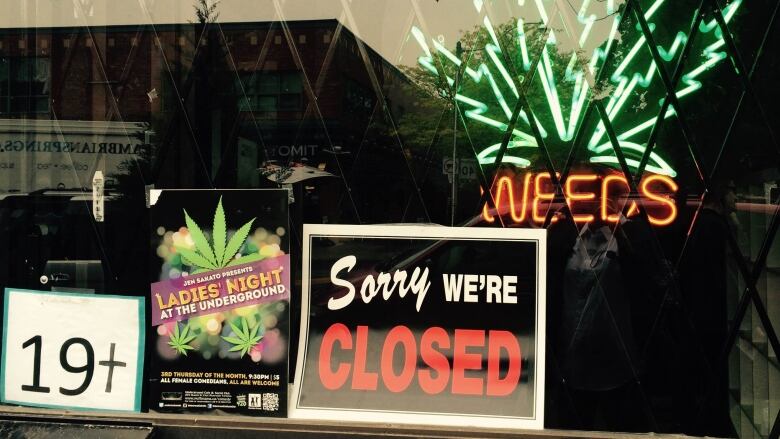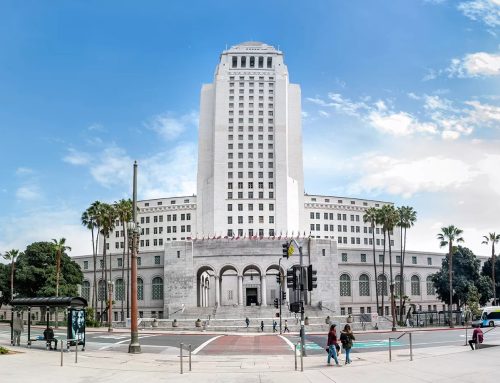NYC Councilwoman Accuses Landlord of Aiding Illegal Cannabis Shop
NEW YORK- In a conflict highlighting the challenges of regulating the burgeoning cannabis market in New York City, Gale Brewer, an Upper West Side Councilwoman, has accused a local landlord of facilitating the operation of an illegal cannabis store. The store, situated in a bustling Manhattan neighborhood, has become the center of a controversy involving allegations of “dirty money” and non-compliance with city enforcement efforts to shut down unauthorized cannabis sales.
Alan Sackman, a landlord associated with the renowned Sackman Enterprises, finds himself at the heart of the dispute. Brewer, who formerly served as Manhattan Borough President, has openly criticized Sackman for not taking action against his tenant, Convenience on Columbus Corp., also known as Zaza Waza Smoke Shop, despite the store’s numerous violations of city regulations. This establishment, located at 550 Columbus Ave, has been implicated in selling unregulated cannabis, cigarettes, and banned e-cigarette products.
In March 2022, Sackman entered into a lease agreement with Convenience on Columbus Corp., allotting them 420 square feet of retail space on the ground floor and an additional 400 square feet in the basement, with a starting rent of $9,520 per month. However, instead of moving to evict the tenant after repeated legal violations, Sackman’s legal representation, led by attorney Allison Furman, initiated a lawsuit on February 26, demanding compensation for breach of lease terms and insisting on the acquisition of proper licensing for the store. This legal action seeks at least $75,000 in damages plus attorney’s fees.
Brewer’s critique extends beyond this single case, shedding light on a broader issue within her district, where she estimates the presence of approximately 70 illicit cannabis stores. Despite repeated attempts by city authorities to clamp down on these illegal operations, including issuing numerous violations against Zaza Waza Smoke Shop, efforts have been stymied by non-compliance and unpaid fines.
The councilwoman’s correspondence with Sackman underscores the legal and financial ramifications for landlords who knowingly lease their properties to businesses engaged in the sale of unlicensed cannabis and tobacco products. Following cannabis policy reform legislation enacted in 2023, which aims to curb the spread of illegal cannabis outlets, commercial landlords face heightened risks of penalties.
Brewer’s frustration also touches on the slow rollout of licensed cannabis stores in her district, juxtaposing the proliferation of illegal vendors against the community board’s recent approval of a licensed cannabis store application. Her efforts to promote legal cannabis businesses highlight the ongoing struggle to balance regulation and growth within New York City’s cannabis market.
As the legal proceedings against Convenience on Columbus Corp. are set to continue, with a court date scheduled for April 4, the conflict between city officials and property owners reflects the complex dynamics of enforcing cannabis legislation in urban environments. Brewer, despite her outreach, has yet to receive a response from Sackman or his legal team, as attempts to engage with them remain unanswered.




































